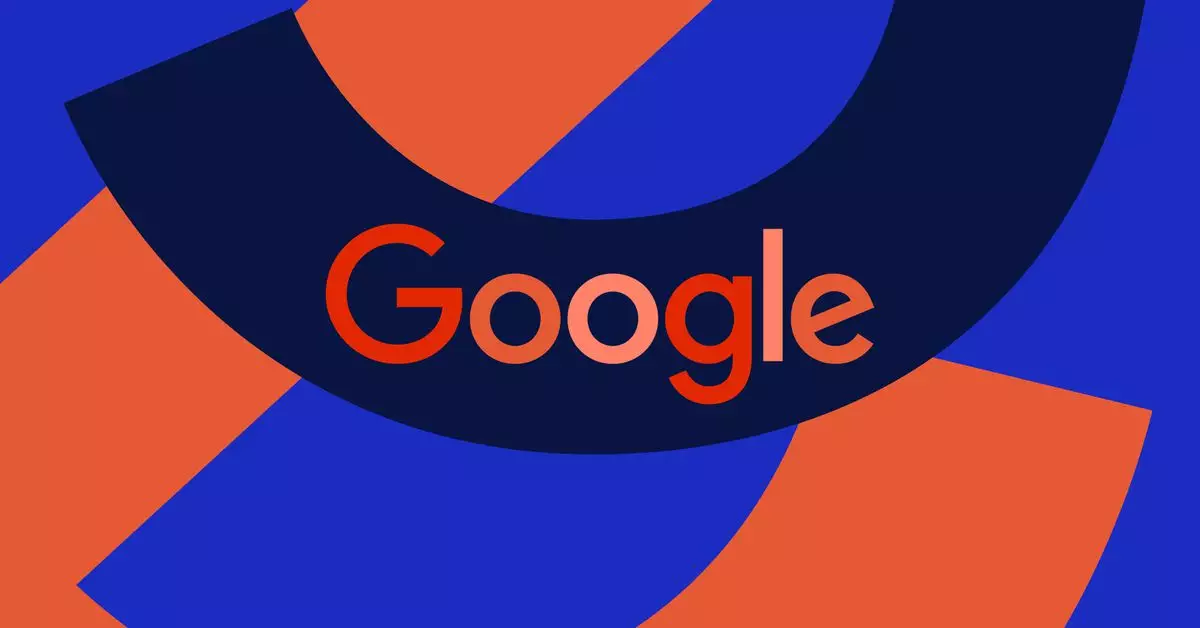Google recently released updates to its note-taking app, NotebookLM, expanding its capabilities beyond just Google Docs, PDFs, and text files. This new version allows users to upload Google Slides and web URLs as sources, along with other enhancements such as the Notebook Guide feature. While these updates seem promising, it is important to critically analyze the functionality and effectiveness of these new features.
The updated NotebookLM now allows users to upload a variety of sources, including Google Slides and web URLs. This is a significant improvement from the previous version, where users were limited to only a few types of files. The Notebook Guide feature is also a welcome addition, as it can help users create study guides, FAQs, and briefing documents. However, during a demo of the new features, it was noted that web URL sources did not work as expected, raising concerns about the reliability of the platform.
Despite the improvements in source uploads and the introduction of the Notebook Guide, NotebookLM still falls short in certain areas. One major limitation is that NotebookLM is a closed system and does not perform web searches beyond the content added by users. While this may have privacy and security benefits, it also means that users are confined to the information within their own “corpus.” This restricts the platform’s ability to provide comprehensive and accurate answers to queries, especially when dealing with complex or specialized topics.
Google’s NotebookLM is positioned as a tool for organizing and analyzing information, rather than generating research papers. In contrast, competing tools like Perplexity’s Pages claim to assist researchers in finding and sharing data more efficiently. However, based on the reviewer’s opinion, Perplexity’s Pages may not deliver on its promises. Google provided examples of how renowned author Walter Isaacson used NotebookLM to analyze Marie Curie’s journals for his upcoming book, showcasing the platform’s potential utility for researchers and writers.
While Google’s updates to NotebookLM offer some promising features like increased source uploads and the Notebook Guide, there are still significant limitations and concerns to address. The platform’s reliance on a closed system may hinder its ability to provide accurate and comprehensive information, especially when dealing with external web content. As technology continues to advance, it will be crucial for Google to address these issues and enhance the functionality of NotebookLM to better serve its users in the future.


Leave a Reply